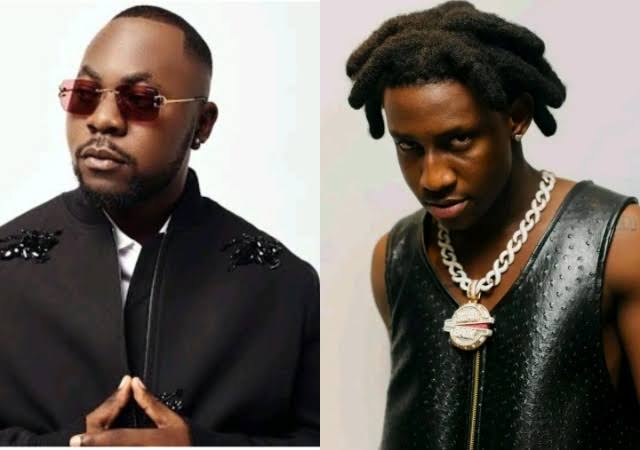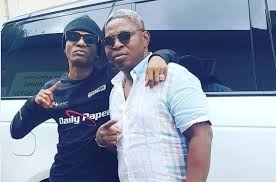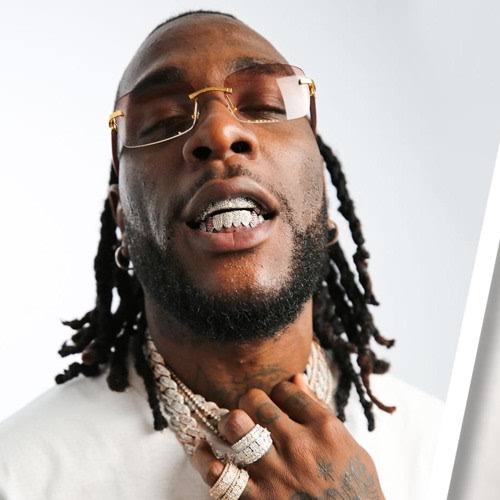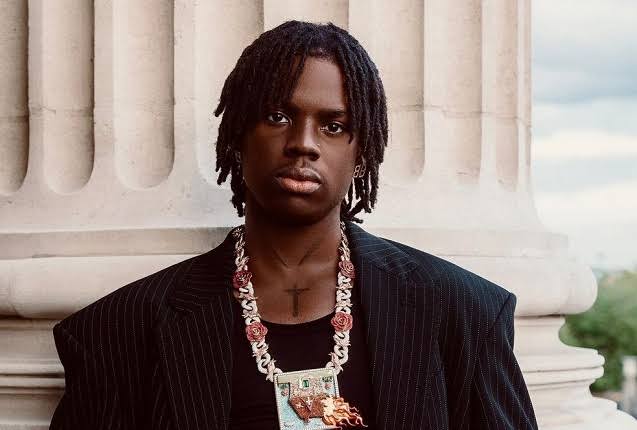Nigeria’s music scene is now global. From Burna Boy shutting down stadiums in Paris to Rema performing at the Ballon d’Or, Nigerian artists are dominating stages across continents.
But beneath the glitz and streaming milestones lies a dark, entangled web: the world of artist contracts—often orchestrated behind closed doors by managers, middlemen, and record executives with vastly unequal power.
While fans celebrate the rise of Afrobeat, artists often face career-defining decisions that can lead either to stardom—or financial enslavement.
THE CONTRACT CULTURE
The “Sign First, Understand Later” Syndrome
In Nigeria, it’s not uncommon for artists to sign their first record deal in a manager’s living room, not a lawyer’s office. Most contracts are signed when the artist is vulnerable—broke, desperate for a break, and usually uninformed. This imbalance leads to exploitative terms such as:
- 80-20 revenue splits
- Multi-year lock-ins
- Broad rights over future works
- Unclear recoupment clauses
A 2022 interview with entertainment lawyer Ayodele Odusola revealed that “70% of Nigerian artists who approach us for legal help already signed contracts without legal review. Many didn’t even read the documents.”
THE MANAGERIAL MESS
Managers or Masters?
In theory, a manager should guide an artist’s career, secure bookings, and act in their best interests. In practice, many act as de facto gatekeepers—controlling access to shows, brand deals, and even public appearances.
Take the case of Muyeez, a rising street-pop artist who in 2023 accused Dapper Music of sidelining him, denying royalties, and using his likeness without consent.

Similar claims were echoed by Shallipopi, another ex-Dapper artist who described the relationship as “controlling and exploitative.”

While managers like Sunday Are (Wizkid’s manager) or Tee Billz (formerly with Tiwa Savage) have built reputations for professionalism, countless artists are trapped in what insiders call “mafia-style management deals”—signed informally and enforced psychologically.

MIDDLEMEN & MUSIC MERCHANTS
The Unofficial Brokers of Nigerian Music
Beyond official contracts lies an even murkier layer: the middlemen—non-label, non-manager figures who “own” connections to brand endorsements, club promoters, or music marketers.
Often referred to as “music plug-ins,” these individuals:
- Insert themselves into deals
- Demand up to 30% cuts
- Sometimes hold artists’ music “hostage” until paid
In the past, singer Brymo detailed how such brokers once demanded full publishing rights in exchange for playlisting support. According to him, It was spiritual manipulation disguised as business.

WHEN DEALS GO DEADLY? – MOHBAD’S STORY
Perhaps no case better illustrates the dangers of opaque contracts and unbalanced power than that of Ilerioluwa Aloba, known as MohBad.
Signed to Marlian Music, his time at the label became marred with controversy. MohBad publicly accused label boss Naira Marley of assault, intimidation, and withholding payments.

After his contract termination in 2022, the late MohBad released his own statement claiming he never received royalties and was “in fear for his life.”
A SYSTEMIC LEGAL FAILURE
No Safety Nets
The Nigerian legal system does not provide specialized protections for artists. While the Nigerian Copyright Commission (NCC) exists, enforcement is weak and rarely supports artists at the grassroots level.
Moreover:
- Most artists can’t afford entertainment lawyers
- Many legal proceedings drag for years
- Music industry guilds lack real authority
CONTRACT TERMS TO WATCH OUT FOR
Here are some dangerous clauses frequently found in artist contracts in Nigeria:
1. 360 Deals
These allow labels to take a cut from everything: music, shows, endorsements, acting gigs—even merchandise. Though common globally, they’re often abused in Nigeria without proportional investment from the label.
2. Perpetual Rights
Clauses that give the label rights to an artist’s music “in perpetuity,” with no renegotiation.
3. Recoupable Advances
Money given upfront (for videos, lifestyle, rent) is often recouped before the artist sees a dime—even if the label never shows proper accounting.
4. Exclusivity Clauses
Some contracts forbid artists from working with other producers, artists, or even speaking to media without approval.
ARTISTS WHO ESCAPED THE TRAP
Burna Boy

In early interviews, Burna Boy revealed how he had to fight his way out of his early record contract before launching Spaceship Records, his own label. Today, he maintains ownership of his masters and controls his distribution.
Tems

Tems’ early partnership with Leading Vibe was structured to allow her full creative control. Unlike many female artists who become commodities in contracts, she retained strong autonomy—thanks in part to her legal team.
Rema

Rema’s deal with Mavin/Jonzing World included an international development path via Virgin/Universal, which reportedly allowed for better structuring and visibility. Insiders say Don Jazzy’s transparency played a major role.
TOWARDS A FAIRER FUTURE
What Can Be Done?
1. Industry Education
Initiatives like Empawa Africa (Mr Eazi) are teaching artists how to structure deals and keep ownership.
2. Entertainment Law Clinics
Legal collectives like TAP (The Alternative Project) now offer free reviews for young artists.
3. Artist Unions
Nigeria lacks a functioning music artist union. Creating one with legal teeth could help regulate contracts and prevent abuse.
4. Transparent Royalties Platforms
Services like Opulous and Audiomack Monetization are helping artists bypass label bottlenecks entirely.
FROM CHAOS TO CONTROL
Nigeria’s music industry is booming, but its foundation is still fragile. As managers, middlemen, and mysterious contracts continue to shape artists’ destinies behind closed doors, only systemic reform—powered by legal education, stronger institutions, and empowered artists—can shift the tides.
Until then, the journey from studio to stardom will remain a dangerous one, lined with golden promises and hidden traps.













Leave a comment